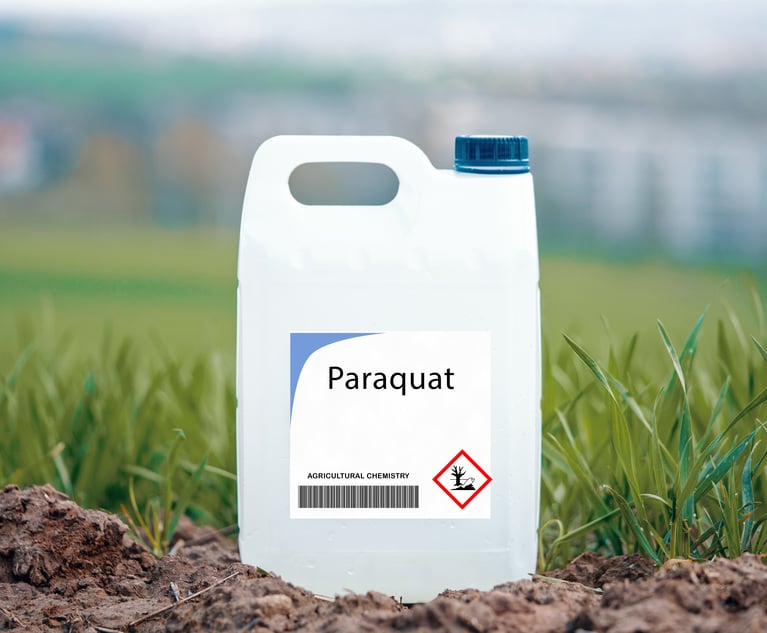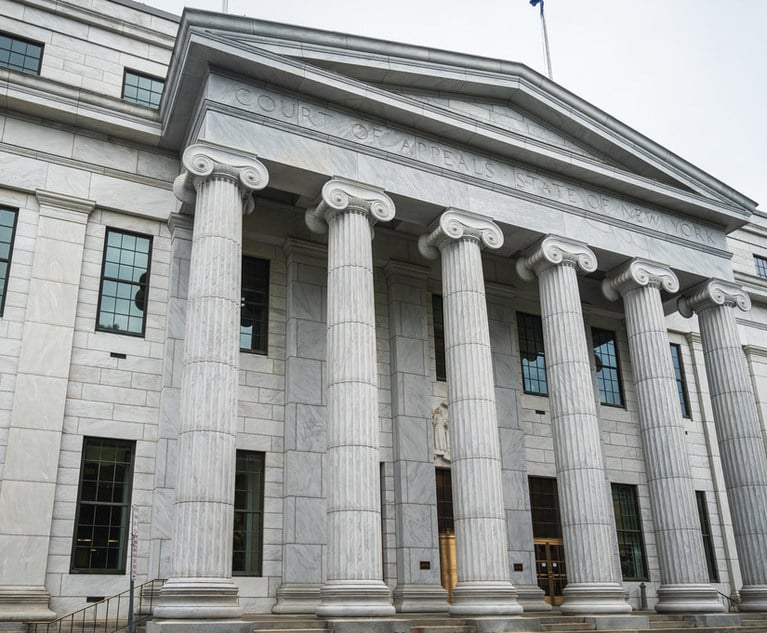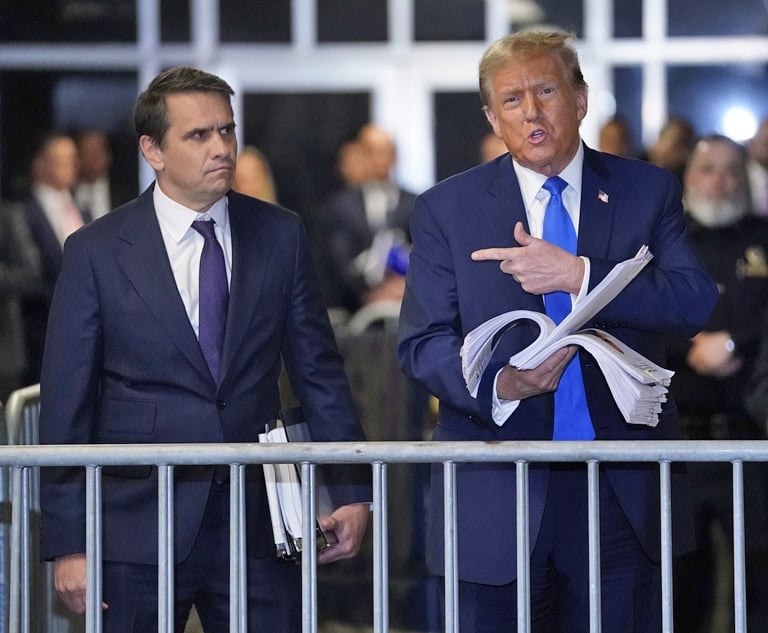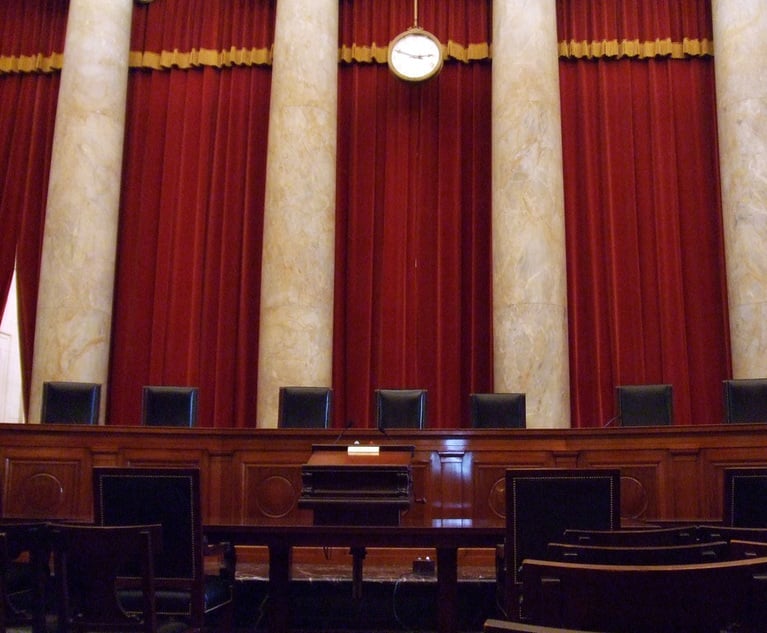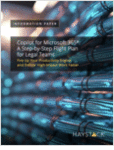In its first application of the Daubert standard regarding the admissibility of expert testimony, the Maryland Court of Appeals has affirmed that a trial court acted within its discretion to admit a scientist’s testimony about the use of photogrammetry to identify a murder suspect’s height, despite an unknown degree of uncertainty in the measurements.
Nearly two years ago, the court announced a potentially game-changing move in litigation in Rochkind v. Stevenson, abandoning the U.S. District Court for the District of Columbia’s 1923 holding in Frye v. United States—adopted as Reed v. State in Maryland—which made expert admissible if based on “generally accepted” concepts.
This content has been archived. It is available through our partners, LexisNexis® and Bloomberg Law.
To view this content, please continue to their sites.
Not a Lexis Subscriber?
Subscribe Now
Not a Bloomberg Law Subscriber?
Subscribe Now
LexisNexis® and Bloomberg Law are third party online distributors of the broad collection of current and archived versions of ALM's legal news publications. LexisNexis® and Bloomberg Law customers are able to access and use ALM's content, including content from the National Law Journal, The American Lawyer, Legaltech News, The New York Law Journal, and Corporate Counsel, as well as other sources of legal information.
For questions call 1-877-256-2472 or contact us at [email protected]



